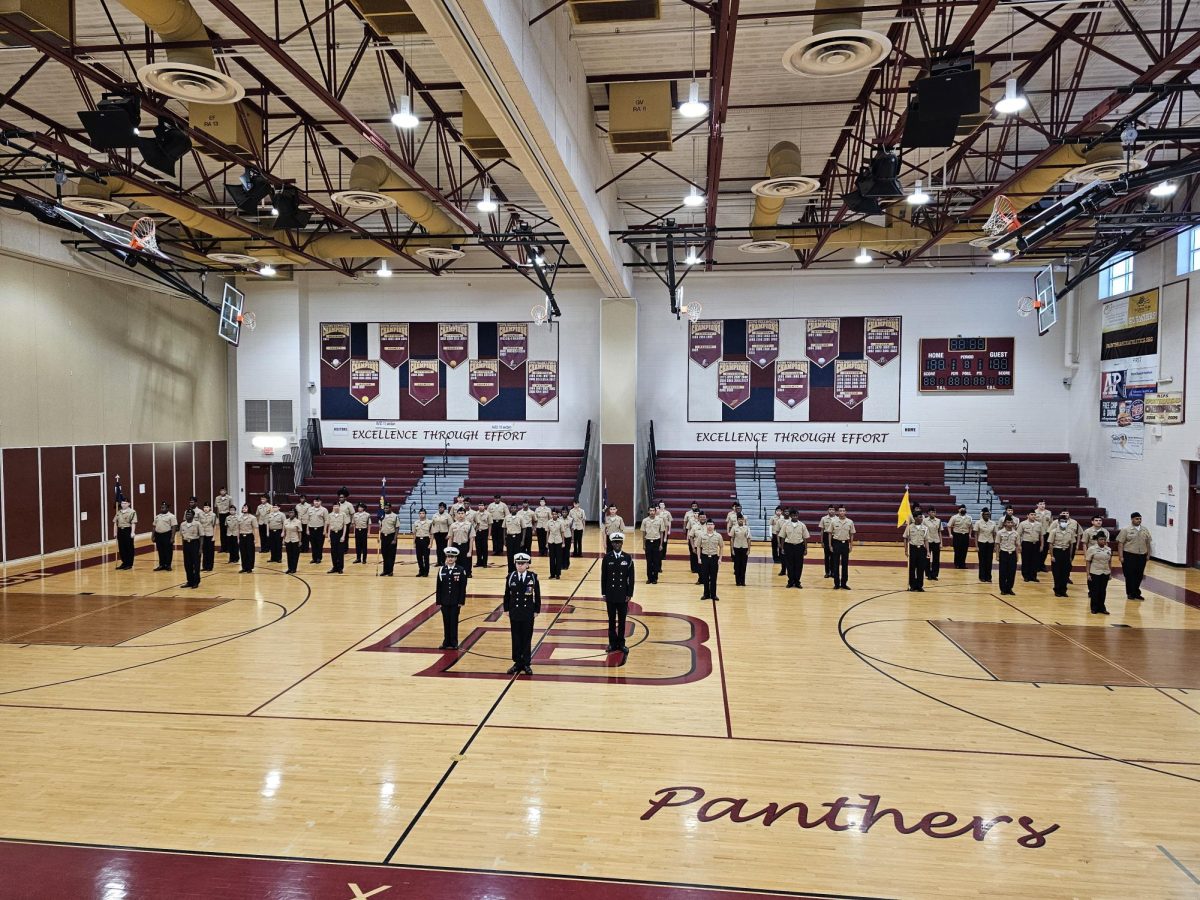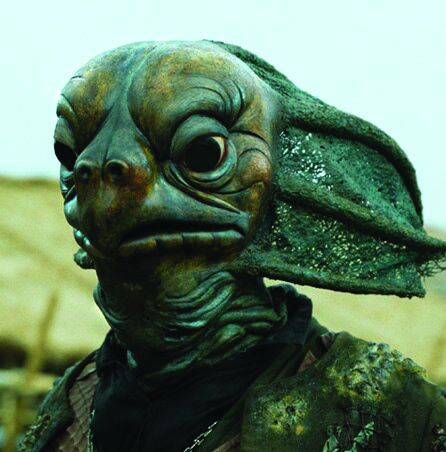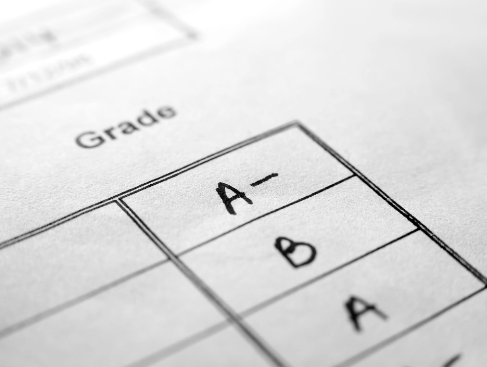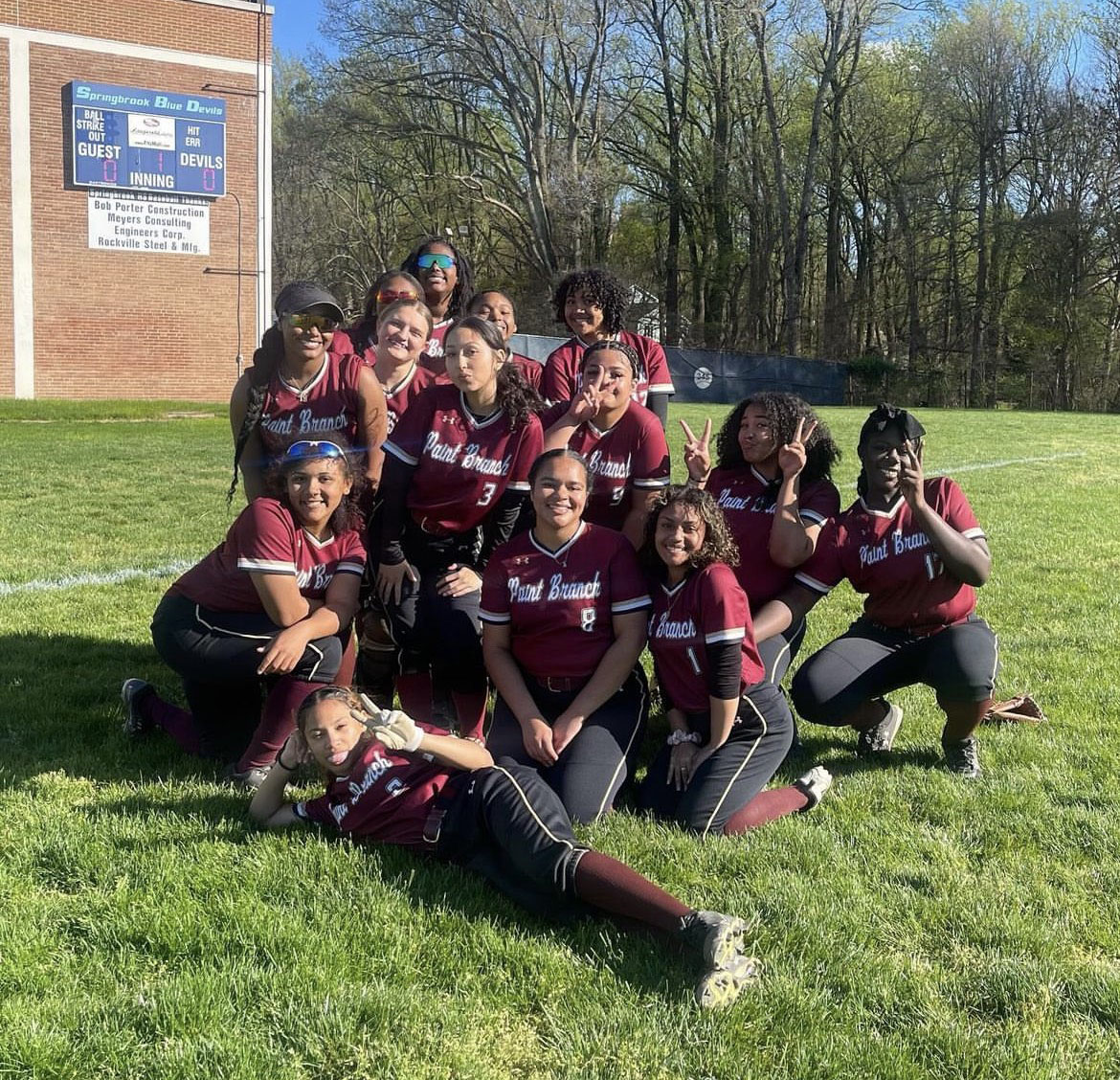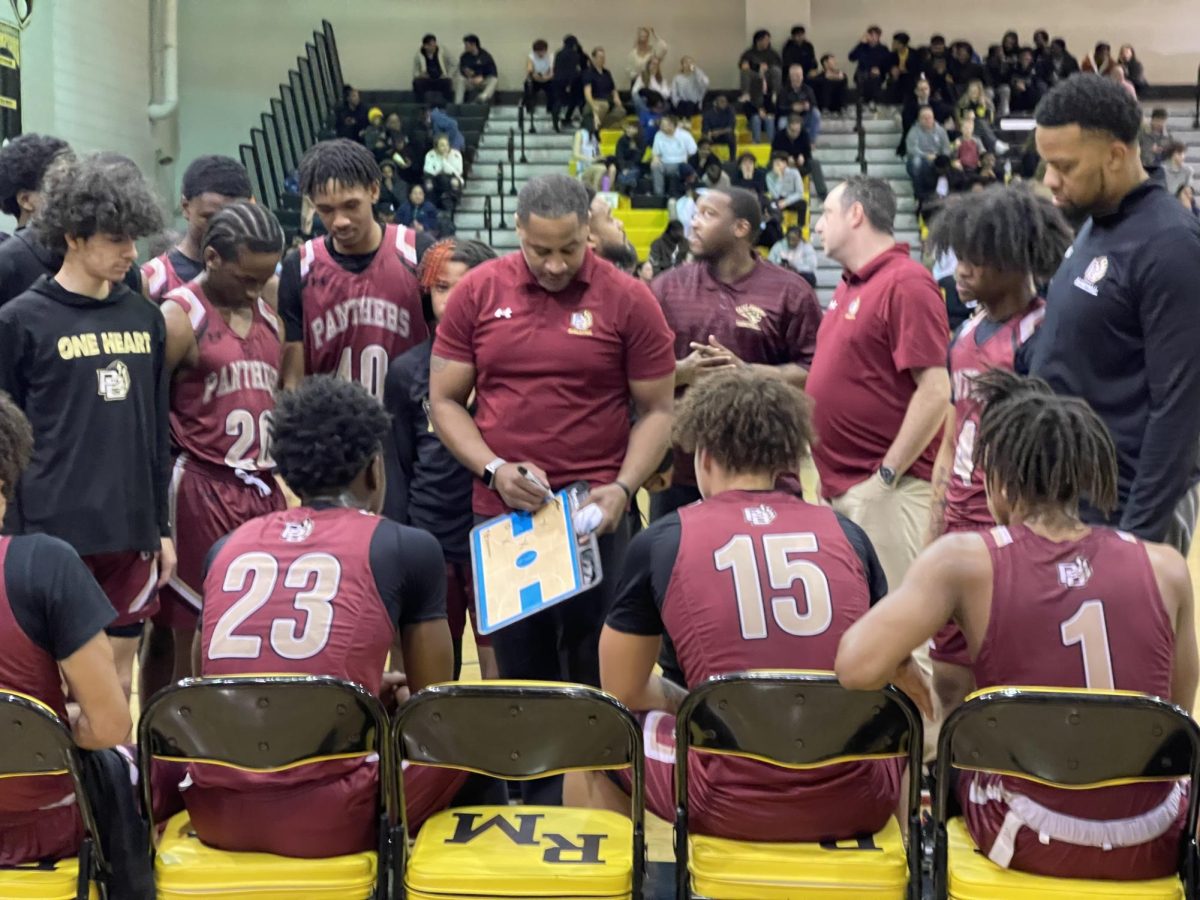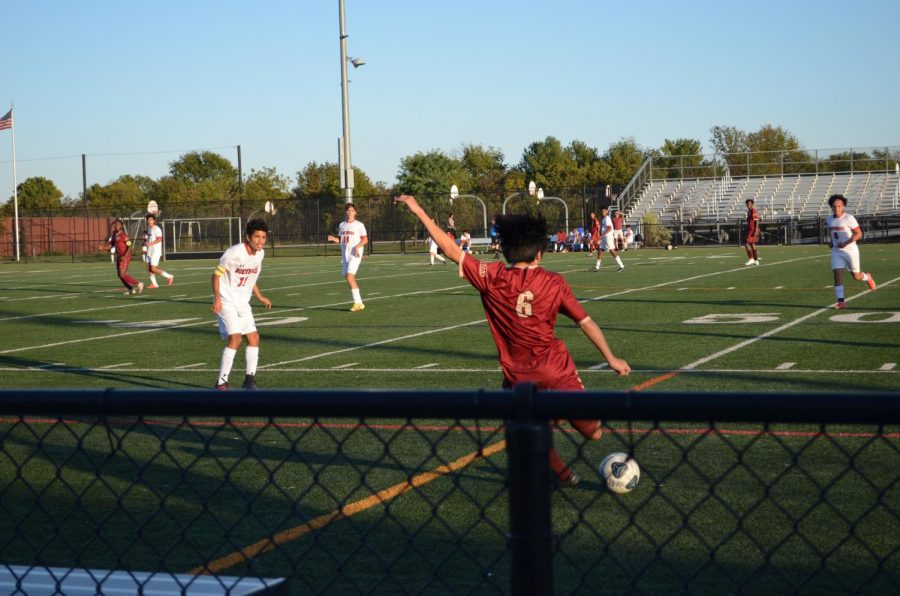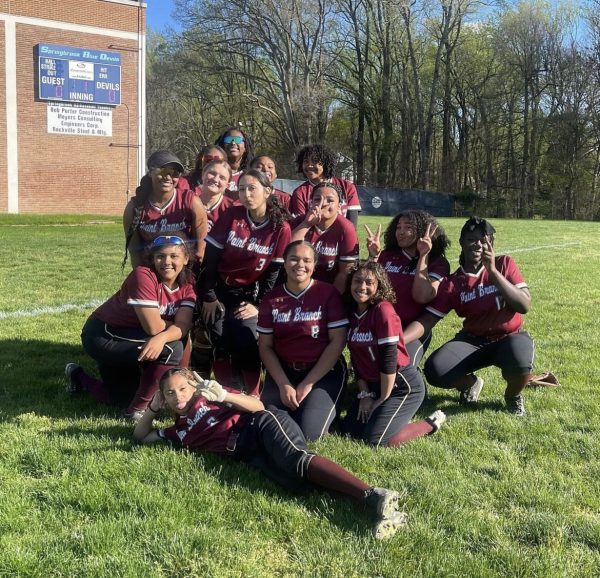College Athletes Should be Paid: Con
April 9, 2019
Collegiate athletics has gained popularity with the public over the years. People flock to stadiums and gawk at television sets watching the Rose Bowl, March Madness, College Cup, and other tournaments. Some college athletes become household names, following close behind their professional counterparts; but unlike them, college athletes receive no direct monetary compensation for their skills. Though many are beginning to argue that college athletes should be paid, it is a decision that would be unfair to non-student athletes.
According to Cork Gaines at Business Insider, in 2016, NCAA Division I schools made around 9.15 billion dollars from collegiate sports. The NCAA website says that of the 460,000 NCAA athletes, around 76% of them, are Division 1, many of whom are granted four-year scholarships. These scholarships can amount to almost $250,000, a large amount due to the growing list of athletes. Scholarships usually cover the cost of books, room and board, food and tuition. For those on a full athletic scholarship, the struggle to pay for school no longer exists, which is an incredible privilege.
Another problem that people fail to acknowledge on the issue of athletic scholarships is the fact that football and basketball are not the only collegiate sports. Other sports with less avid fan bases include rowing, gymnastics, and even skiing. If athletes for big-ticket sports are paid, it is only right that athletes for smaller, less popular sports are paid too. This additional scholarship demand, along with academic scholarships that are awarded to students, may become inconvenient or even financially impossible for some schools, especially those that don’t profit as much from athletics.
NCAA athletes are barred from receiving outside income, but there are many loopholes to this. CBS Sports writer Jon Solomon reported in his 2016 article that athletes can, in fact, work; but there are rules as to where they can work in order to remain fair by isolating this work from their athletics. Athletes can be paid by working for the university- in the bookstore, for instance- at another school, or at a private organization. Students are also permitted to start their own businesses. Regardless of the NCAA’s written rules, it is evident that athletes do have the opportunity to earn income.
At its core, collegiate athletics is an extracurricular activity, not a career. Student athletes’ privileges are rescinded if their grades drop or they fail to abide by the school’s rules. Schools cannot be expected to compensate athletes in the same way as professionals, because they are students before they are athletes. These athletes are given the opportunity to gain media attention and public recognition that helps them later in life and, if they go pro in a sport, at that time as well. Collegiate athletes have the chance to gain popularity, get an education at a reduced price, and participate in their passion, which is worth a lot more than a paycheck.


